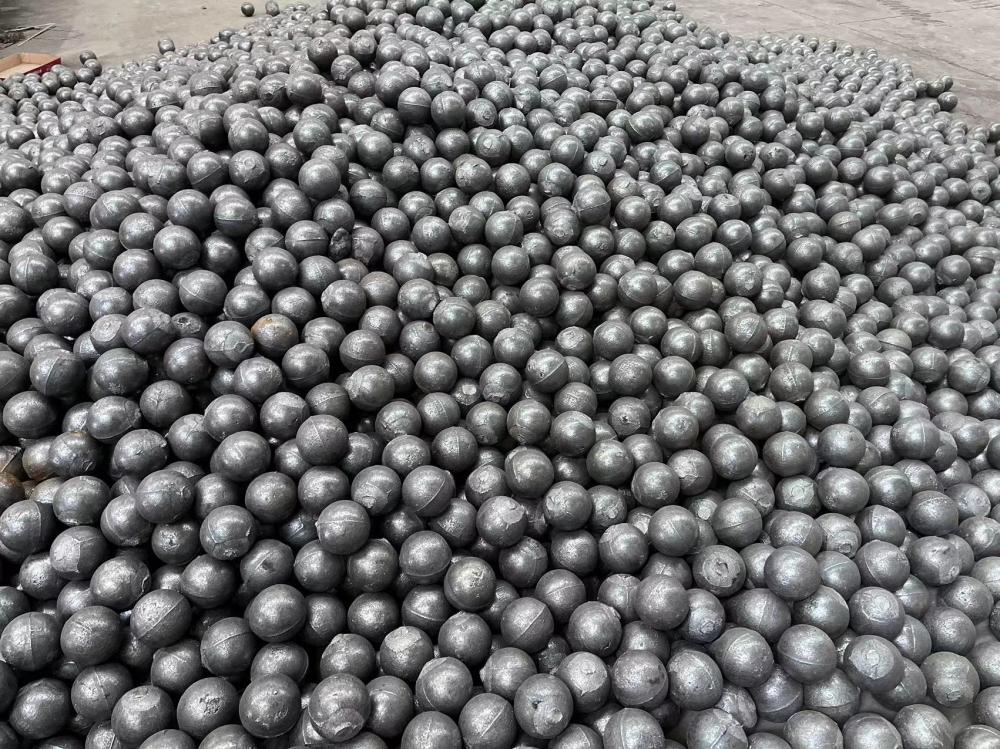
Not all titanium grades are created equally, and with over 40 variations available, choosing the right one can seem daunting—especially when your project demands specific properties. But don't stress; we're here to guide you through the maze of options.
Let’s start with the basics. In the fastener industry, only a handful of titanium grades are commonly used. Among them, Grade 2 titanium stands out as the go-to choice for many applications due to its versatility. Known as commercially pure titanium, Grade 2 is 99%+ pure titanium, making it an excellent option for situations where corrosion resistance is key. It excels particularly well in environments involving saltwater, brines, and even aggressive chemicals like FeCl₃ and nitric acid. However, it has limited performance against strongly reducing acids such as hydrochloric or sulfuric acid. Despite this, its moderate strength—around 50 ksi yield strength—and lightweight nature make it a favorite for industries that value durability without sacrificing portability.
Now, let's talk about Grade 5 titanium, often referred to as Ti-6Al-4V. This alloy combines 6% aluminum and 4% vanadium, resulting in a material that’s incredibly strong—boasting a yield strength of around 128 ksi. That’s more than double the strength of Grade 2 while maintaining roughly half the weight of steel. Its corrosion resistance mirrors that of Grade 2, meaning it retains the same protective qualities but delivers superior mechanical performance. Naturally, this comes at a price tag that’s typically 30-50% higher than Grade 2. If you need robust structural integrity combined with corrosion resistance, Grade 5 is usually the smart pick. For those needing even better chemical resistance, consider Grade 7, which includes palladium to enhance its ability to withstand hot chlorides and other halides. Meanwhile, Grade 23, another high-strength variant, improves on Grade 5 by reducing impurities like iron, carbon, and oxygen, thus boosting toughness and performance under extreme conditions like cryogenic temperatures.
Summing up, Grade 5 titanium strikes a balance between corrosion resistance and mechanical strength, making it ideal for demanding applications. If cost is a major concern but you still want solid corrosion protection, Grade 2 remains the economical choice. On the flip side, if you require maximum strength and resilience, Grade 5 should be your top consideration. Grades 7 and 23 cater to niche needs where enhanced corrosion resistance or superior toughness becomes paramount.
We hope this breakdown was helpful! Feel free to drop us a line with any thoughts or questions. For deeper insights into titanium fasteners, check out our dedicated pages or reach out to our team of materials experts—they’re always happy to assist.
1. High-quality products: Steel ball manufacturers usually have advanced production equipment and technology, and can produce high-quality steel ball products. These products offer a high degree of precision and durability to meet the needs of a wide range of industrial applications.
2. Large-scale production capacity: Steel ball manufacturers usually have large-scale production capacity to meet the needs of large orders. They can provide timely delivery and meet customer needs through efficient production processes and optimized supply chain management.
3. Diversified product selection: Steel ball manufacturers can usually provide a variety of specifications, sizes and materials of steel ball products to meet the needs of different customers. They can customize production according to customer requirements and provide personalized solutions.
4. Technical support and after-sales service: Steel ball manufacturers usually have a professional technical team and after-sales service team to provide technical support and solutions for customers. They can help customers choose the right steel ball products and provide related technical advice and training.
5. Competitive price: Because steel ball manufacturers usually have large-scale production and procurement capabilities, they can reduce costs through scale effects and provide competitive prices. This allows customers to obtain high quality steel ball products while controlling costs.
6. Reliable supply chain: Steel ball manufacturers usually establish long-term cooperative relationships with supply chain partners to ensure the stable supply of raw materials and the continuity of production. This allows customers to rely on their supply chain, reducing supply risks and the possibility of production disruptions.
In general, the advantage of steel ball manufacturers is that they are able to provide high-quality, diversified steel ball products, and provide technical support and after-sales service to meet the needs of customers. They are also able to reduce costs through economies of scale and offer competitive prices, while ensuring the availability and timeliness of products through a reliable supply chain.

Wear-Resistant Steel Ball,Ball Mill Steel Balls,Steel Balls,Wear Resistant Cast Ball
Xuzhou Surun wear-resistant material Co., LTD , https://www.suruntools.com